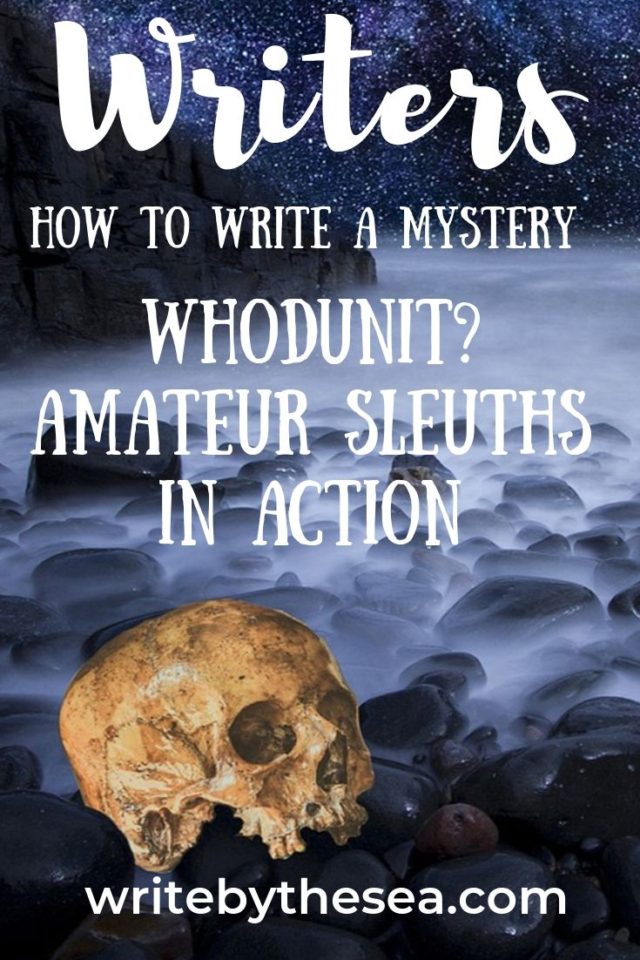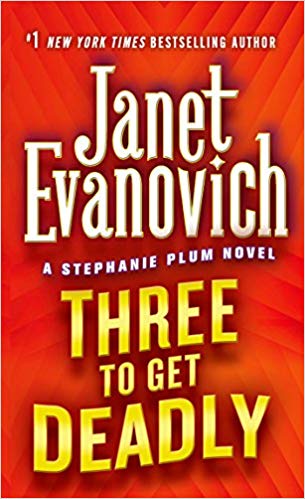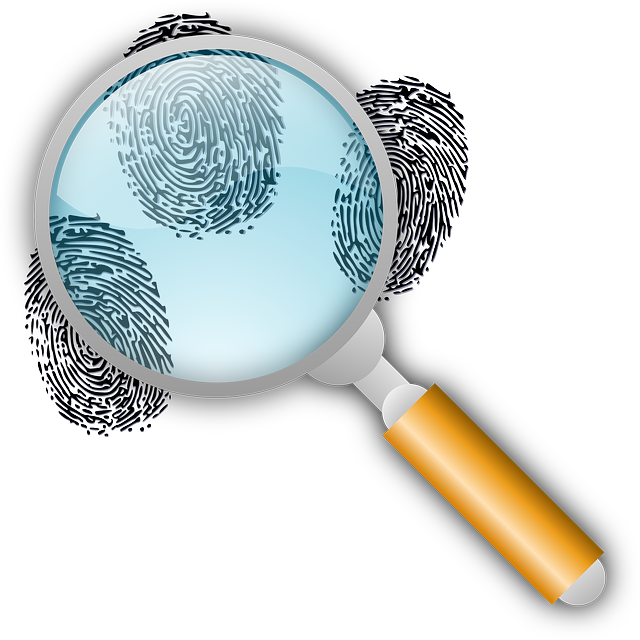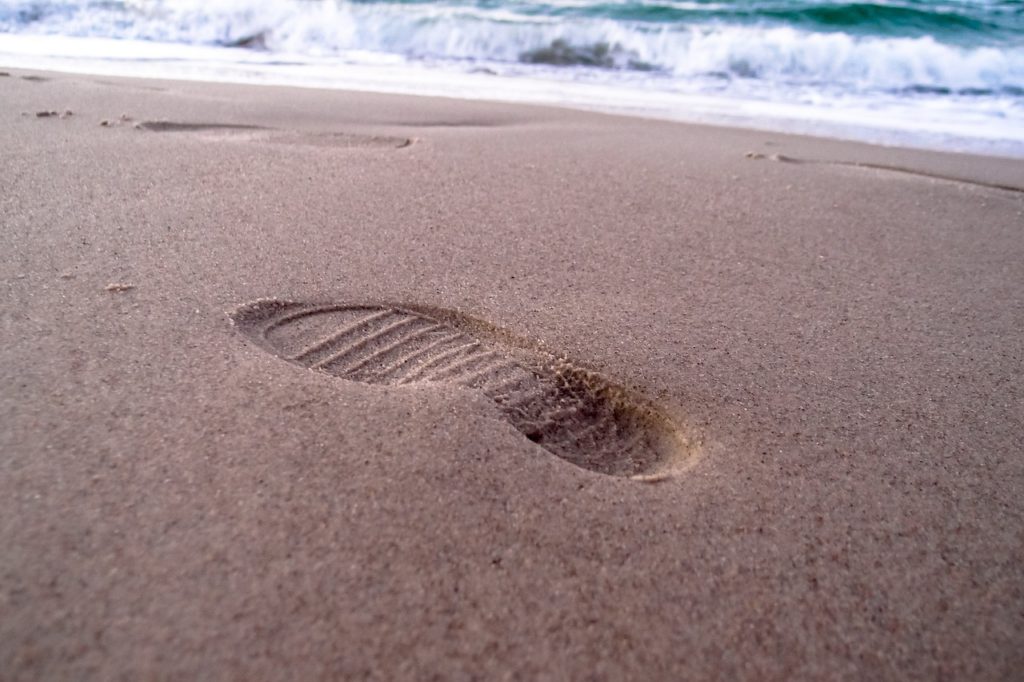“In fiction and in fact, amateur detectives are shrewd students of human nature,” says Anne Wingate a Writer’s Digest Instructor and author of Amateur Detectives, A Writer’s Guide To How Private Citizens Solve Criminal Cases.
The traits of sharp amateur sleuths are the keys to their being able to ferret out clues at the scene of a crime, many times, after the professionals are done reading the scene.
Traits that make perfect amateur sleuths include: Keen insight, intelligence, lively and energetic personalities and curious observers as well as those known as risk takers.
You could say skills or traits much like those of a writer.
Writers are used to going against the grain, crossing genres, taking risks with their fragile egos, keeping on even while they would rather give up.
Technically, you could base your sleuth/amateur detective or amateur sleuth on yourself.
While the sleuth is an integral part of the writing of a good mystery, there are, of course, more things than that in a good mystery.
Once you get your sleuth in action though, the rest will fall into place almost without any help, at least, that has been my experience.
So how do you begin?
“Over the years, we see so many patients die that the scene loses its power to shock us.” That is the real-life physician voice of Tess Gerritsen, medical thriller author.
But when she started out, she wrote romance.
She says she didn’t realize that people might be interested in what she dealt with everyday.
As a writer, you need to trust your everyday life and jobs you do or have done to deliver a perfect novel.
As readers we relate to things that are about us in a surrogate sort of way.
We all go to doctors, we all know stories of misdiagnosis or mind boggling strains of diseases that somehow refuse to be treated by normal methods or surgical—oops we left a clamp in there, kind of scenarios.
We own the story when it’s familiar to us in some way.
That’s why Tess Gerritsen, Dean Koontz and others who write medical mystery or thrillers succeed.
As a writer of the mystery genre, you need to find your sleuth from your life – or something that you care about so much you will research, research and live it until it become second nature to you.
You will know exactly how you would behave in certain situations because they are so ingrained in you.
That way whodunit, how and why they did it will always have a ring of truth to the reader.
“It could have happened to me,” is why we find an affinity with some authors.
They know who we are and how to reach us.
It hooks you as a reader and your writing should hook your reader the same way.
Rendering what you know or what you are passionate about knowing authentically, with authority and expertise that is what your readers want from you as a writer.
Ann Rule, herself an accidental sleuth, says in order to write true crime stories one must be a self-starter, and not only a writer but also a detective.
Researching crimes, figuring out how to elicit information that seems impossible to get, asking people about pain and horror they would rather forget and asking detectives and prosecutors to share their investigations and feelings with you so that you may get a clearer picture of what it is you are writing about.
It is very important to know all the nuances of the crime you are trying to portray, but more importantly, how your accidental sleuth will handle these facts.
The FBI profiler John Douglas, author of Mind Hunter and The Criminal Mind, says, “If you can figure out the why, and the how you will be able to figure out the who of the crime.”
So your sleuth, accidental or trained, must have an analytic mind and constant curiosity as well as strong observation skills no matter what his/her chosen career or avocation is.
But, career choice is a great place to start because you can use the skills that is/are essential in that person’s job/employment/career or profession to make your sleuth authentic in every sense of the word.
When your sleuth takes on the challenge and the moral burden to root out evil, to assign guilt, and to impose good, your story begins.
“The creation of complex and believable characters is essential to the writing of a successful mystery,” says Sue Grafton in her introduction to the book, Writing Mysteries.
James N Frey, How to Write a Damn Good Mystery, adds that, “…three dimensional, dynamic characters, who create a complex believable plot for you, if you let them, fuel the mystery with menace, suspense and dramatic conflict.”
And that means your amateur sleuths as well as your other characters.
A big part of creating character is motivation.
If your amateurs sleuths have a reason for solving the mystery, and you know his/her connection to the story, you are well on your way.
**********************
Learn 5 Ways to Start a Mystery Novel here.
Note: This post may contain some affiliate links for your convenience (which means if you make a purchase after clicking a link I will earn a small commission but it won’t cost you a penny more)! Read my full disclosure and privacy policies...









